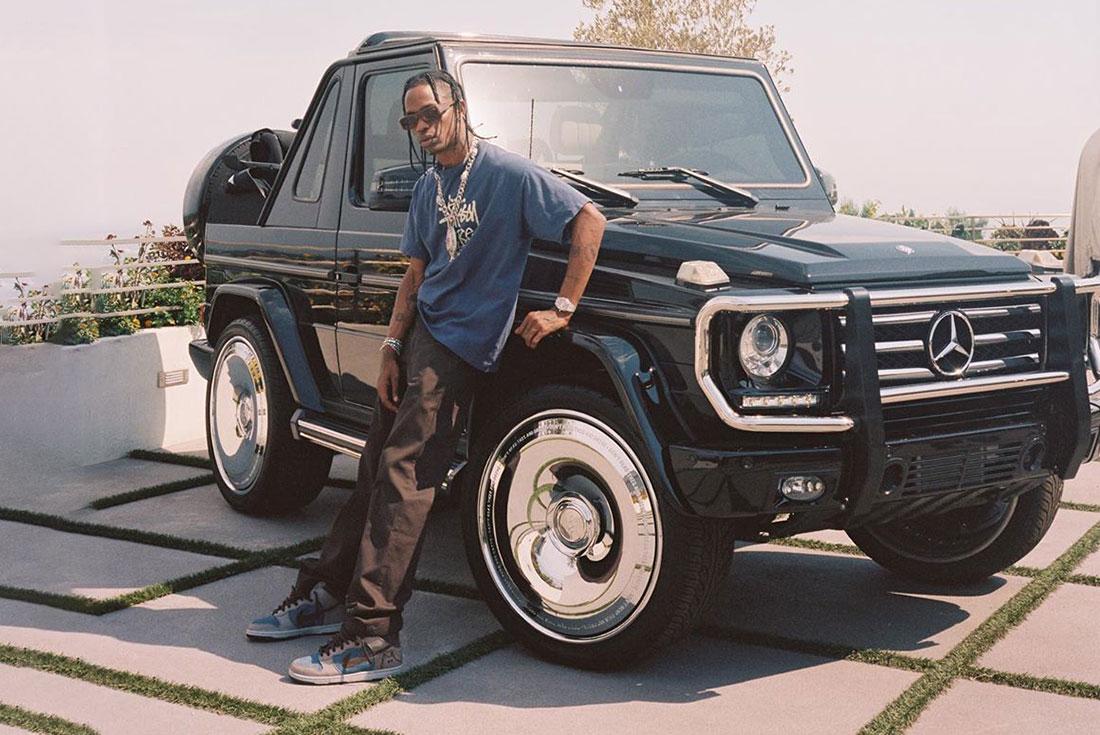The Alchemy of Hype
Hype is an abstract property that all sneakers possess. It seems to spark in an instant – like an emotional wildfire of excitement – and can burn long after the release cycle is complete. What is the catalyst for hype that makes some sneakers more desirable than others? Some industry commentators like to think it’s an exact science – even dedicating a website to the topic. While others have argued that . But, it’s not something quite so tangible.
Rather, hype is akin to alchemy: a dark power that distils fervour and influences exorbitant aftermarket prices – or rock bottom bargains. While the hype machine dynamo changes form when a sneaker’s 15 minutes of fame is up, the moving parts are largely the same.
Supply and Demand
It’s basic economics: if demand exceeds supply, there will be guaranteed hype. The was a perfect example. , over 5 million people from around the world signed up in an attempt to buy one of a measly 8000 pairs. That means only 0.16 per cent of entrants got the W. No wonder the hype was real! Furthermore, consumers don’t even need to be told the exact number of units for a release: perceived scarcity is enough to send them wild. Footwear FOMO is a thing, y’know?
Potential Resale Value
Hype and resale value are locked in a symbiotic relationship whereby one feeds off the other, and vice versa. The secondary market is an when it comes to pricing. Those who missed out at retail are at the mercy of resellers who are out to make a quick buck. Can you blame them? The mechanics of supply and demand fuel the hype machine, but it’s only perpetuated by those who decide to cough up the cash. And because of the healthy cash flow, reselling more or less has become , not just a mere opportunity. That said, the opposite can occasionally occur. ‘Bricks’ are sneakers that don’t quite live up to their pre-release hype, and plummet in resale value.
Celebrity Factor
The ‘fact’ your favourite sneaker is also your favourite celebrity’s favourite sneaker also heaps on the hype. But don’t blame the , Jenners, or the Instagram influencer of the world. Cool by association – or celebrity branding, in marketing speak – has long been a human trait. In fact, it dates all the way back to the 18th century, when china makers hyped up their signature teapots bearing the royal family’s co-sign. In more contemporary times, figures like , , and can really be considered the godfathers of this practice (sorry, ).
Groundhog Day
Trends come and go. That fact is demonstrated right now with the revival that’s taken the sneakersphere by storm. had their golden era in the early- to mid-2000s, and now that hype has bled over to regular Dunks.
Since 2018, it feels as though there’s an releasing every week. Sub-generations ‘discover’ something was cool 10 years ago, and thus the cyclical pattern continues. It’s pretty much a law of the universe by this point. A few years ago, it was and . The ebb and flow of the hype tide will wash over the Dunk, sooner or later. could be next (again) – who knows?
While hype will forever remain pervasive throughout sneaker culture, having a better grasp of what generates it may improve your understanding of why your next pair of shoes is so hard to get.
